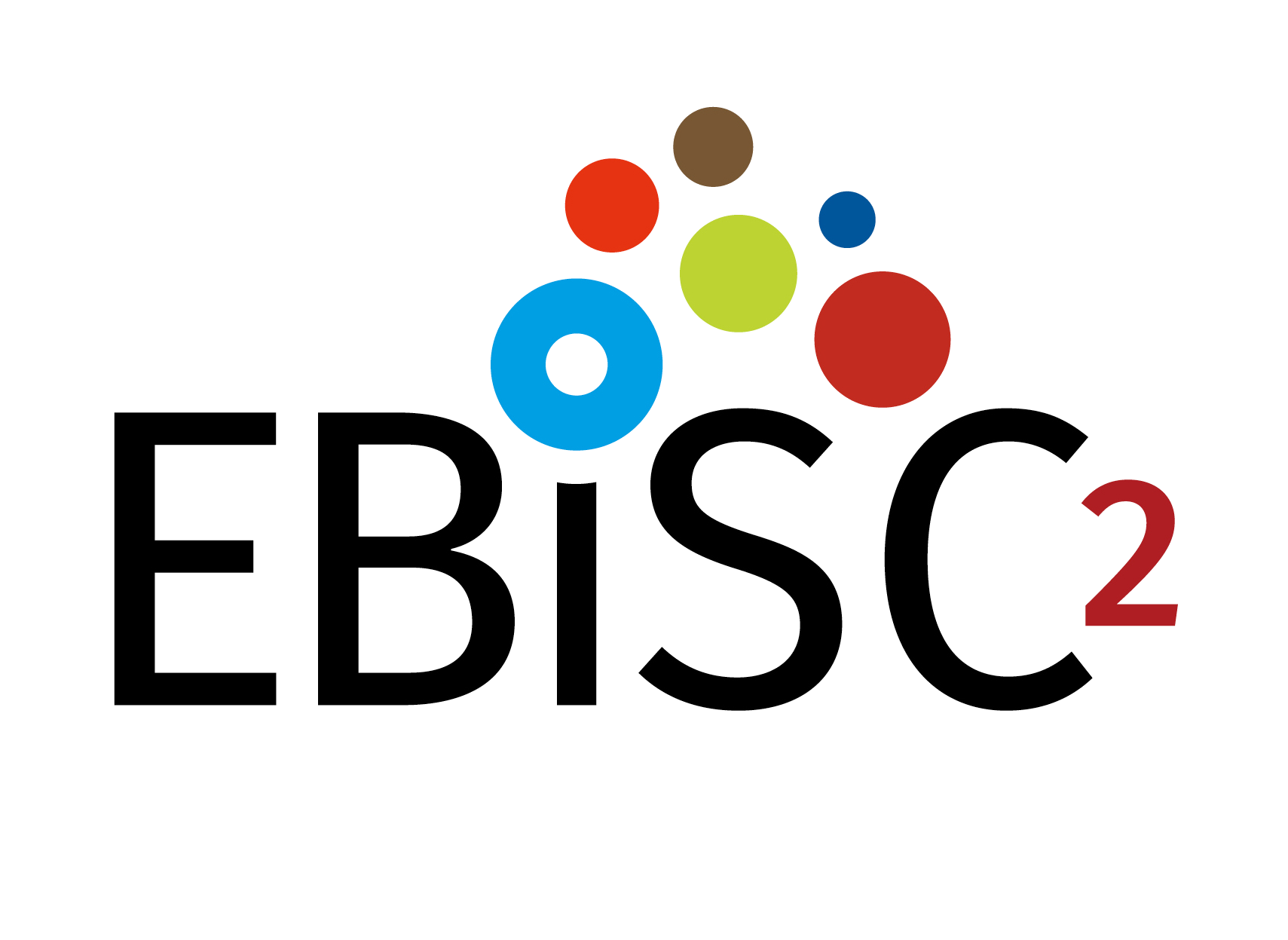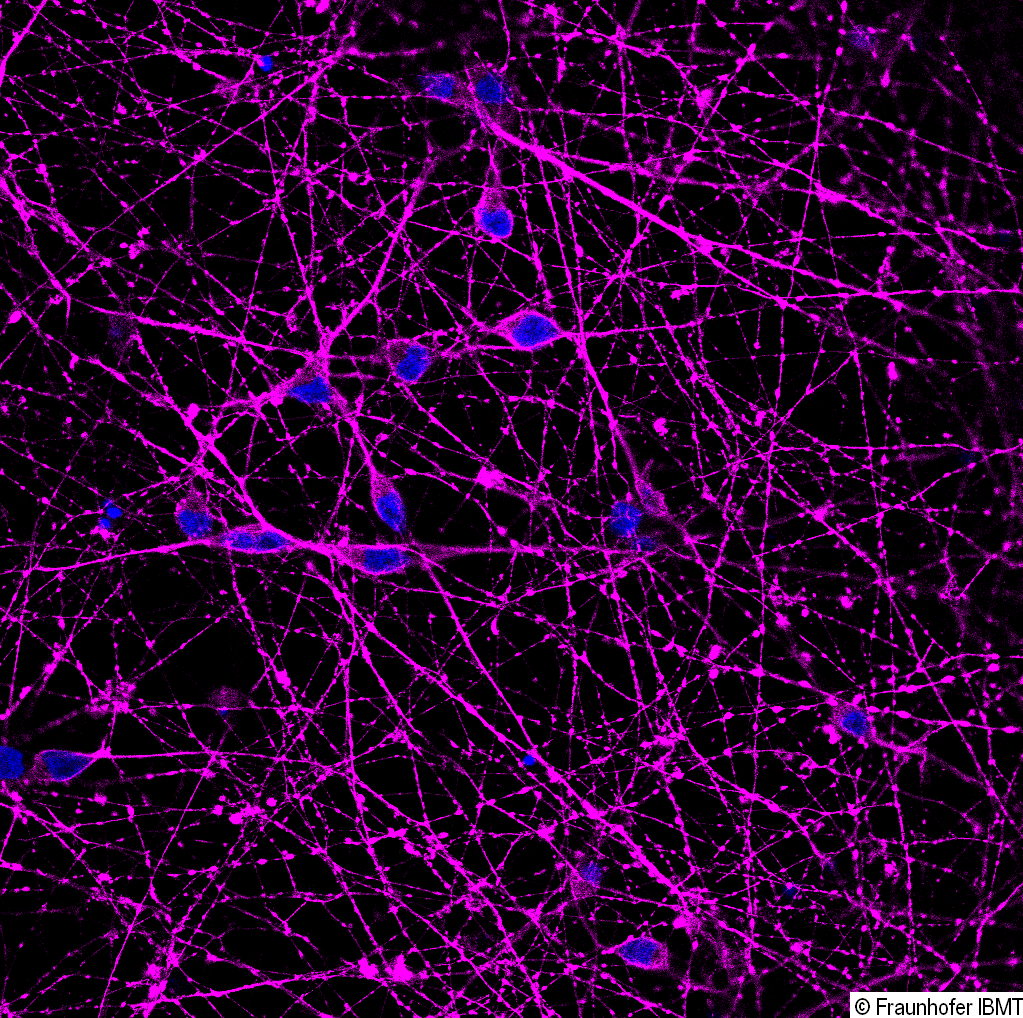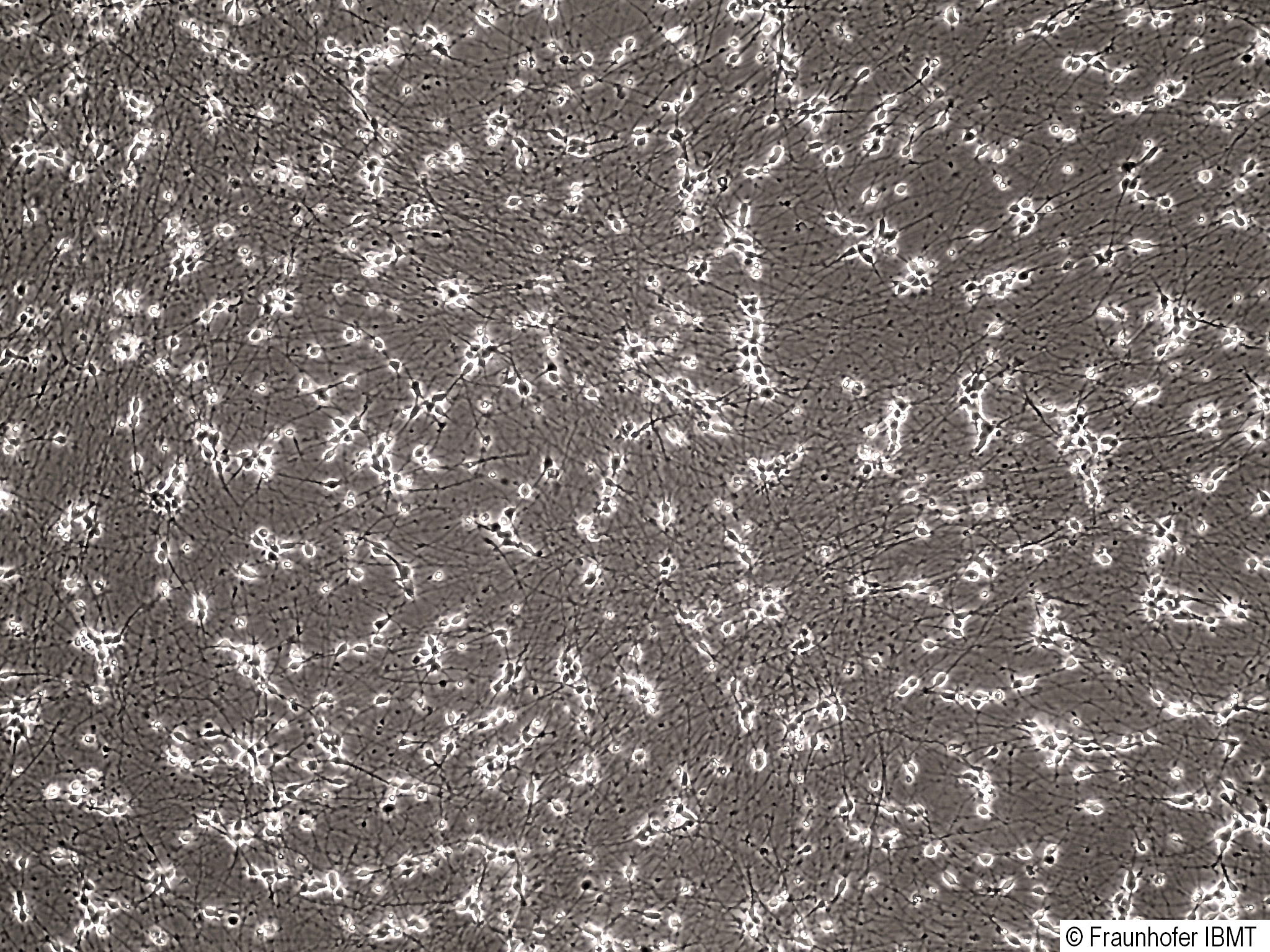If the cells you would like to access are currently listed as unavailable
or you are ordering from outside of Europe please get in touch via
Contact@EBiSC.org.
EBiSC-NEUR1
iPSC derived cells
A Product Information Pack contains
information about a product including any specific third party
obligations relating to, for example, licensing obligations or the
donor consent which affect the use of the derived product.
You will need to complete an EBiSC
Access and Use Agreement (EAUA) before purchasing your cell line.
This Certificate of Analysis is of
the latest released batch. We are publishing it for reference
purpose, but we cannot guarantee batch specific delivery.
This user protocol is of the latest
released batch. We are publishing it for reference purpose, but we
cannot guarantee batch specific delivery.
| Catalogue No. | EBiSC-NEUR1 |
| Product Type | iPSC-derived neurons |
| iPSC Product Name | EBiSC-NEUR1 |
| iPSC Product Cell Type | Neuron |
| Source iPSC Line Name | BIONi010-C-13 |
| Donor Disease Status | Normal |
| Genetic Modification Description: | DOX inducible NEUROG2 |
| Format | 2ml cryovial |
| Cell Number | 4x10^6 |
| Morphology Description | EBiSC-NEUR1 neurons extend multiple processes after thaw and form neurite networks |
Description:
EBiSC-NEUR1 cells are early neurons derived from human induced pluripotent stem cells using a doxycycline-inducible NGN2 expression system. The transcription-factor based differentiation approach accelerates neuron maturation while reducing cell culture variability. When thawed and cultured according to the instructions in the User protocol, the EBiSC-NEUR1 neurons express classical pan-neuronal markers such as beta-III-tubulin (TUBB3) and microtubule-associated protein 2 (MAP2) and form neurite networks. EBiSC-NEUR1 cultures exert a great homogeneity with low batch-to-batch variability providing an ideal starting point for diverse co-culture approaches as well as large-scale assays and high-throughput drug screenings. Quality control is performed prior to release and includes sterility testing, morphological assessment, as well as flow cytometric and immunochemical analyses for the expression of neuronal markers.
Publications
- Shih PY et al. Development of a fully human assay combining NGN2-inducible neurons co-cultured with iPSC-derived astrocytes amenable for electrophysiological studies. Stem cell research. 2021 Jul;54:102386.
- Kwok CK et al. Scalable expansion of iPSC and their derivatives across multiple lineages. Reproductive toxicology (Elmsford, N.Y.). 2022 Sep;112:23-35.


